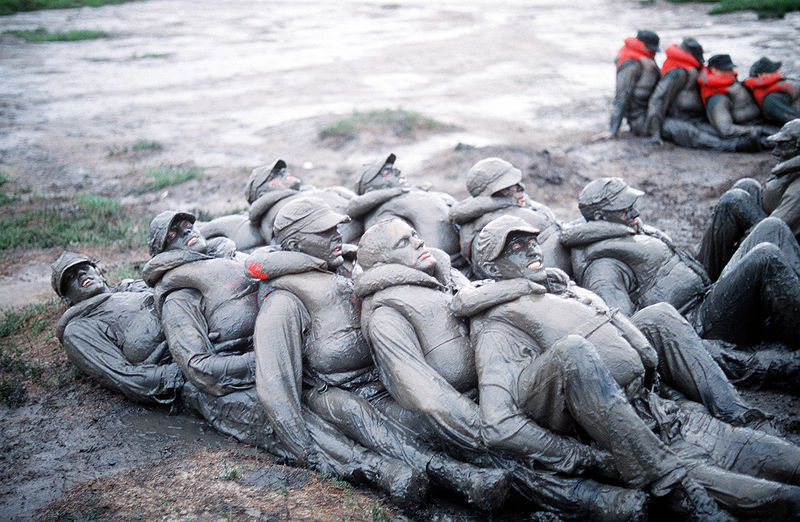Some of the best career advice I’ve ever gotten was to sit down and really think about what things you’ve done or experienced in your career that really made you happy. Things you enjoyed doing and were proud of. Write them down. Formulate a plan to pursue more things like those.
So often you start a career listening to the “should’s” of parents or aiming at what pays well. You may even be fortunate enough to know what you want to do and get to pursue your passion from the beginning. But invariably, I think most intelligent and self-aware people reach a few different points during a career where they look around and have to consider, “Wow, I’ve arrived, but is this really like what I thought it was going to be like?”.
In this piece at CIO.com, the author provides some great questions to ask early in your career, and when you find yourself at one of the question points later:
Figure out what you like doing and what you hate doing early on
Figure out what size and kind of company you want to work for
Do you want to be a CEO?
After gaining some experience, thinking about what you hate (or conversely love doing), how the size of the company you work for impacts that, and what your life will be like when you reach the job you strive for (the CEO question), can really illuminate your path forward.
(Source)
